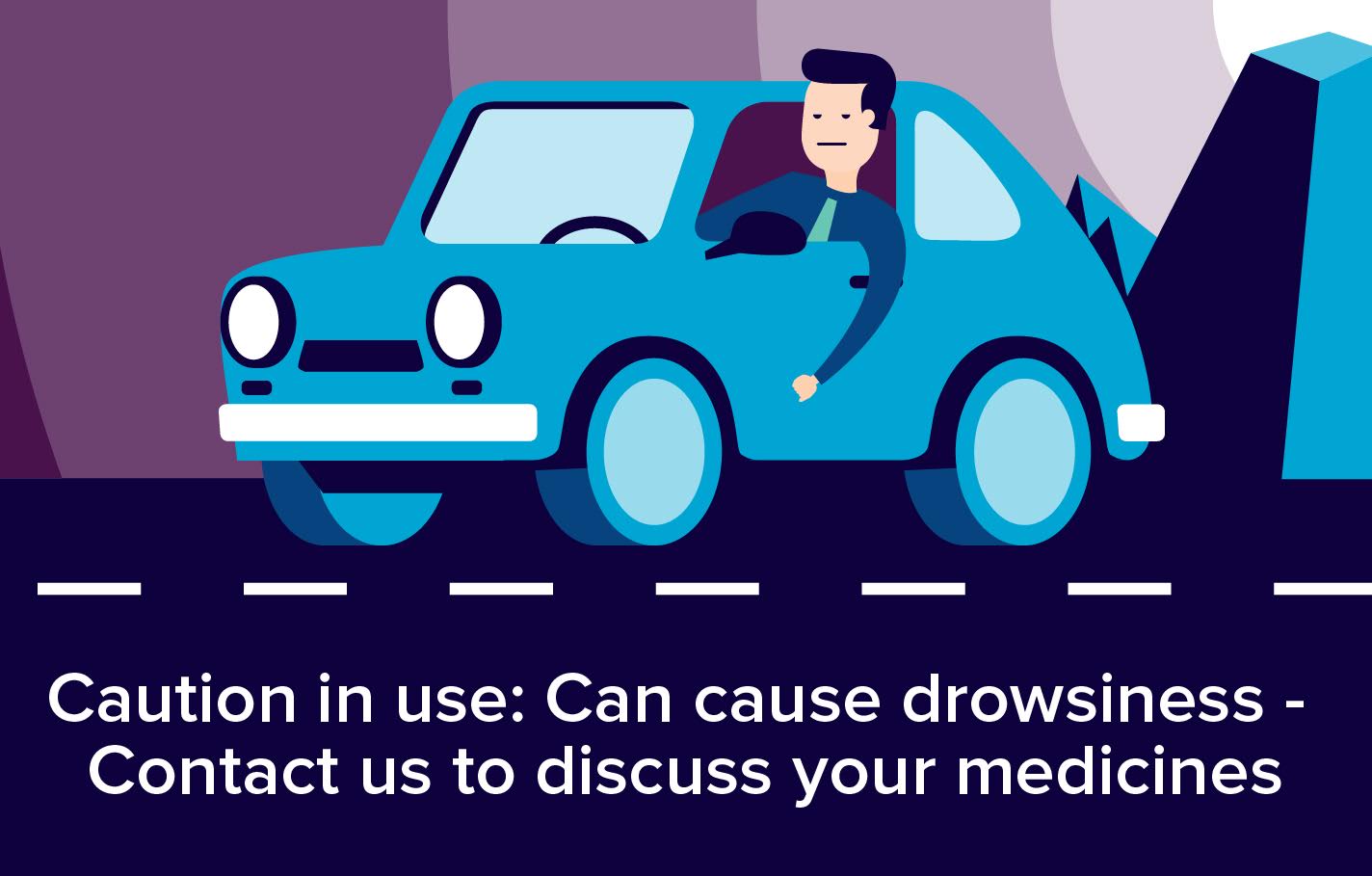Zometa (Zoledronic Acid) is used to treat bone metastases (spread of cancer), to prevent bone complications, e.g. fractures, and to lower the amount of calcium in the blood in patients with too much calcium in their blood.

Why have I been prescribed Zometa?
Zometa (Zoledronic Acid) is used to treat bone metastases (spread of cancer), to prevent bone complications, e.g. fractures, and to lower the amount of calcium in the blood in patients with too much calcium in their blood.
How does it work?
Zoledronic acid works by attaching itself to the bone and slowing down the rate of bone change.
When and how do I take it?
- Zometa is given as an infusion into a vein which should last no less than 15 minutes and should be administered as a single intravenous solution in a separate infusion line.
- In addition, patients without hypercalcaemia will also receive supplementary doses of calcium and vitamin D daily.
What’s the dose?
If you are being treated for bone metastases
- you will be given one infusion of Zometa every three to four weeks. Your doctor will decide how often you should receive the infusions.
If you are being treated for too much calcium in the blood
- you will normally only be given one infusion of Zometa.
Could it interact with other tablets?
- Tell your doctor about any other medicines you are taking or have recently been taking, including any you have bought without a prescription.
- It is particularly important that your doctor knows if you are also taking aminoglycosides (a type of medicine used to treat severe infections), since the combination of these with bisphosphonates may cause the calcium level in the blood to become too low.
- Tell your doctor if you are taking thalidomide or medicines known to be harmful to your kidneys.
What are the possible risks or side-effects?
Tell your doctor about any of the following side effects as soon as possible:
Rise in body temperature
- One third of the patients on Zometa have reported headache and a flu-like syndrome consisting of fever, fatigue, weakness, drowsiness, chills and bone, joint and/or muscle ache. In most cases no specific treatment is required and the symptoms subside after a couple of hours or days. Very rare cases of severe bone, joint, and/or muscle pain, occasionally incapacitating, have been reported.
Irregular heart rhythm (atrial fibrillation) has been seen in patients receiving Zometa for postmenopausal osteoporosis
- It is currently unclear whether zoledronic acid causes this irregular heart rhythm but you should report it to your doctor if you experience such symptoms after you have received Zometa
Other common side effects are:
- Gastrointestinal reactions such as nausea and vomiting, as well as loss of appetite.
- Conjunctivitis, as reported with other bisphosphonates (the group of substances to which Zometa belongs).
- Blood tests indicating changes in kidney function (higher levels of creatinine), including severe kidney impairment; such changes are also known to occur with other medicinal products of this kind. In addition, some cases of kidney disease have been reported.
Can I drink alcohol while taking it?
- There are no known interactions between alcohol and Zometa.
- Always ask your pharmacist/doctor however as other tablets you are taking may have a bearing on whether you can drink alcohol or not.
What if I’m pregnant/breastfeeding?
Zometa cannot be used while pregnant or breast feeding.
If you have any more questions please ask your Pharmacist.
Remember to keep all medicines out of reach of children
Please Note: We have made every effort to ensure that the content of this information sheet is correct at time of publish, but remember that information about drugs may change. This sheet does not list all the uses and side-effects associated with this drug. For full details please see the drug information leaflet which comes with your medicine. Your doctor will assess your medical circumstances and draw your attention to any information or side-effects which may be relevant in your particular case.
References:
https://www.pharma.us.novartis.com/product/pi/pdf/Zometa.pdf
http://chemocare.com/chemotherapy/drug-info/Zometa.aspx
http://www.drugs.com/zometa.html
http://www.us.zometa.com/index.jsp?usertrack.filter_applied=true&NovaId=2935377031735069708
http://www.rxlist.com/zometa-side-effects-drug-center.htm
http://www.cancerresearchuk.org/about-cancer/cancers-in-general/treatment/cancer-drugs/zoledronic-acid

